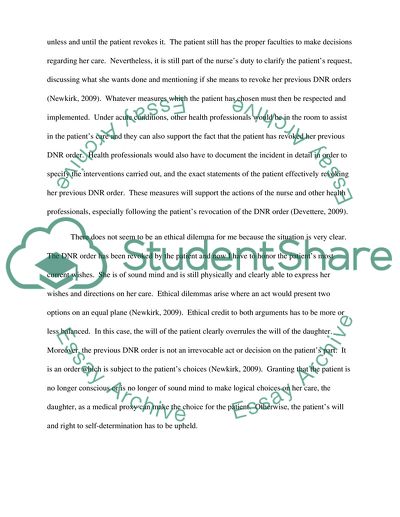Patients with Do-Not-Resuscitate Orders Undergoing Surgery Article. Retrieved from https://studentshare.org/nursing/1615729-please-agree-with-student-k-and-write-two-pages-and-cite-sources
Patients With Do-Not-Resuscitate Orders Undergoing Surgery Article. https://studentshare.org/nursing/1615729-please-agree-with-student-k-and-write-two-pages-and-cite-sources.


